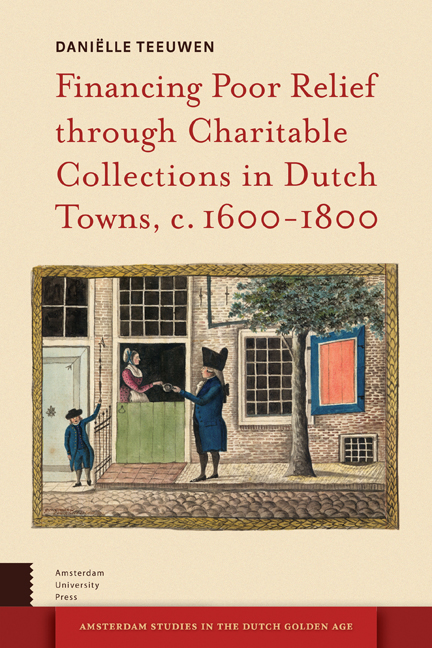Summary
With the development of European welfare states from the late nineteenth century onwards, and especially with their rapid expansion in the period after World War II, charity seemed to become a phenomenon of the past. In this period, tax-financed welfare programmes set up by national governments brought substantial advancements for European citizens such as income security, a more equal distribution of wealth, and universal access to education and health care, thereby marginalizing the activities of religious charities, urban relief institutions and voluntary associations. However, from the 1980s onwards, changes in economic, social and political circumstances, such as slackening economic growth, population ageing, and globalization, put welfare arrangements under pressure. Structural reforms have since then been considered necessary to keep these provisions financially sustainable for future generations. National governments, seeking to reduce the dominance of the state in organizing social welfare, advocate a larger role for the voluntary sector and community activism.
In Great Britain, for example, the discussion on a more significant role of individuals and voluntary groups in delivering public services, concentrates on the concept of a ‘Big Society’, launched by Prime Minister David Cameron in 2010. In the society that Cameron envisages, ‘people […] don’t always turn to officials, local authorities or central governments for answers to the problems they face, but instead feel both free and powerful enough to help themselves and their own communities’. In the Netherlands, on which this book focuses, the newly demanded role to be played by individual citizens as well as civil society has also fostered much public debate. In the last few years several advisory and research reports discussing both the opportunities and difficulties accompanying the retrenchment of the state in organizing social welfare have appeared. According to the current government, we are now in the middle of a transitional period in which the classic welfare state is slowly but surely evolving into a ‘participation society’, in which ‘[e]veryone who is capable of doing so, is asked to take responsibility for his or her own life and environment’, and in which ‘society’s power comes from the people’, ‘[w]ithout being enforced by the state or another authority’.
- Type
- Chapter
- Information
- Publisher: Amsterdam University PressPrint publication year: 2015



